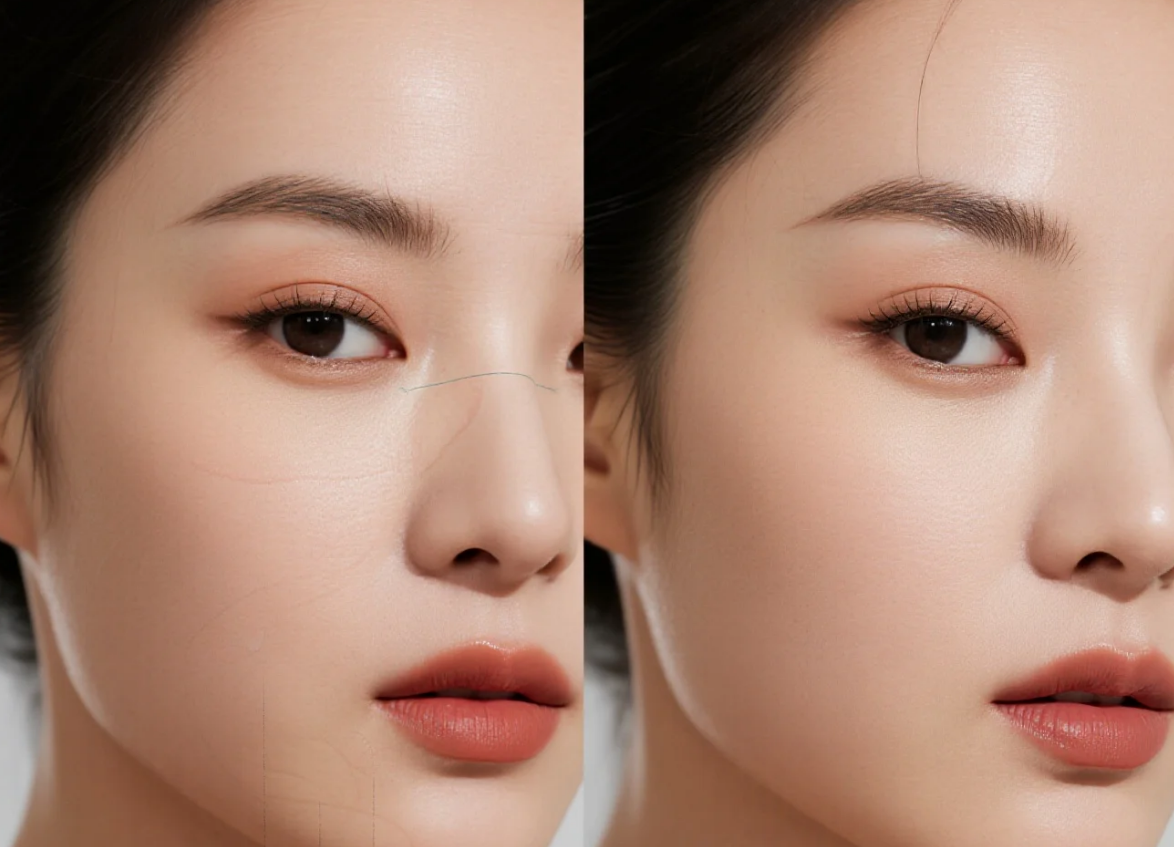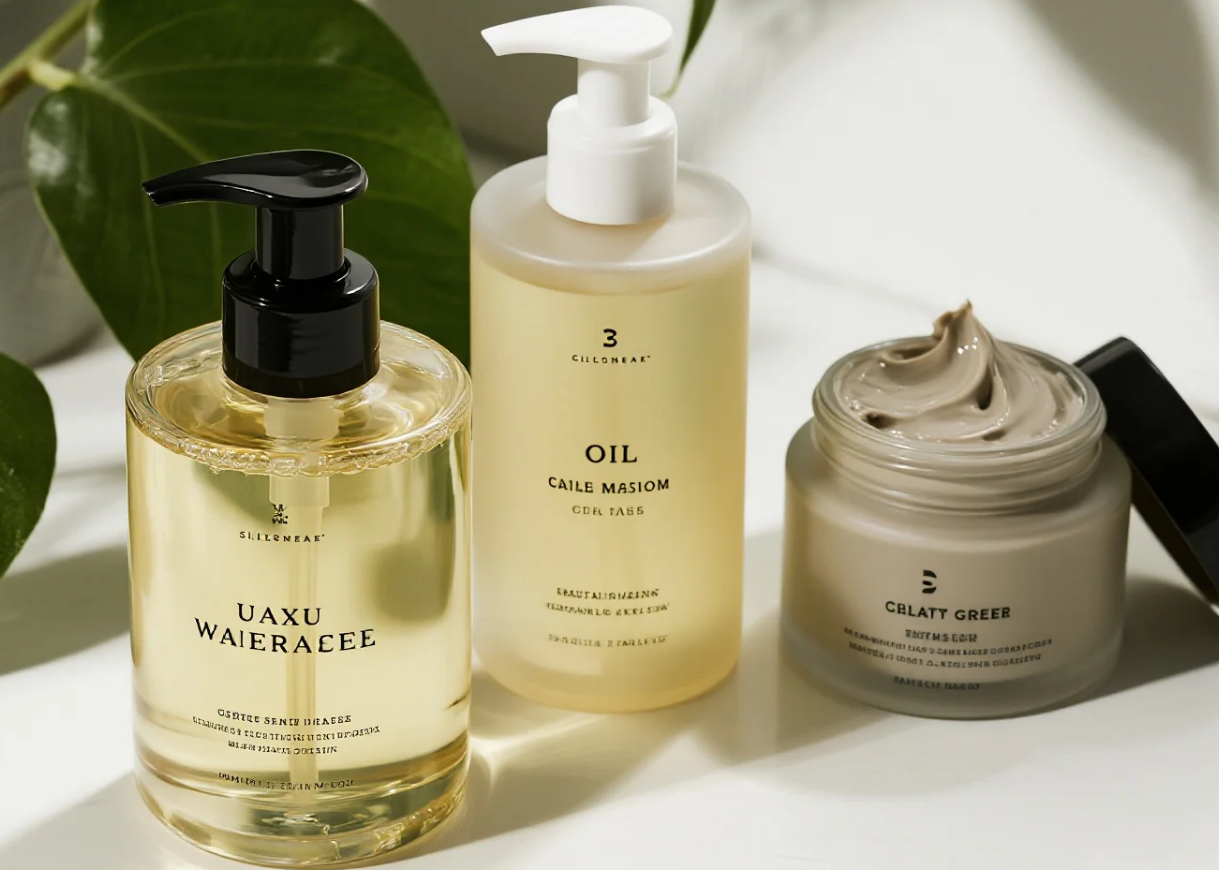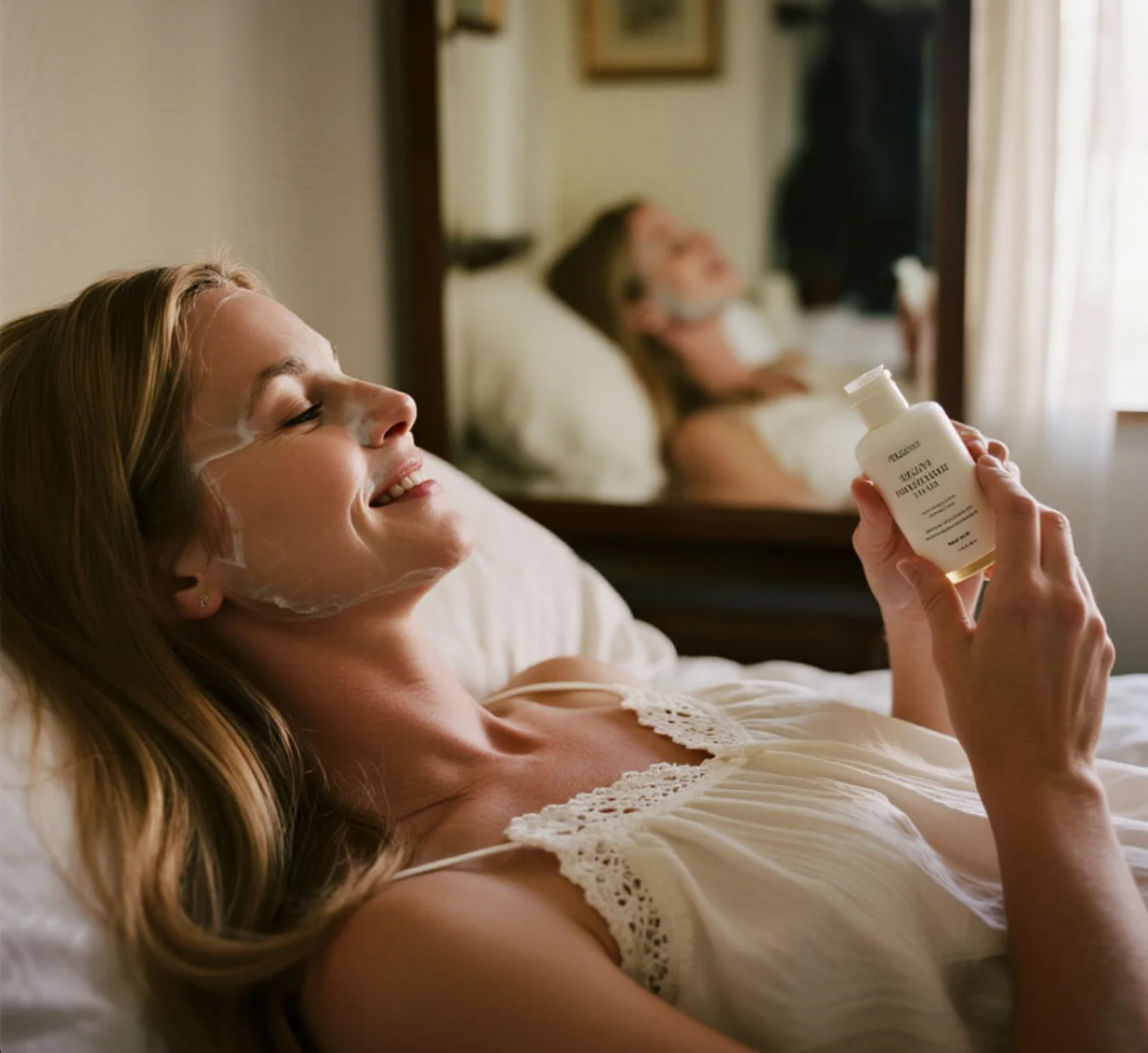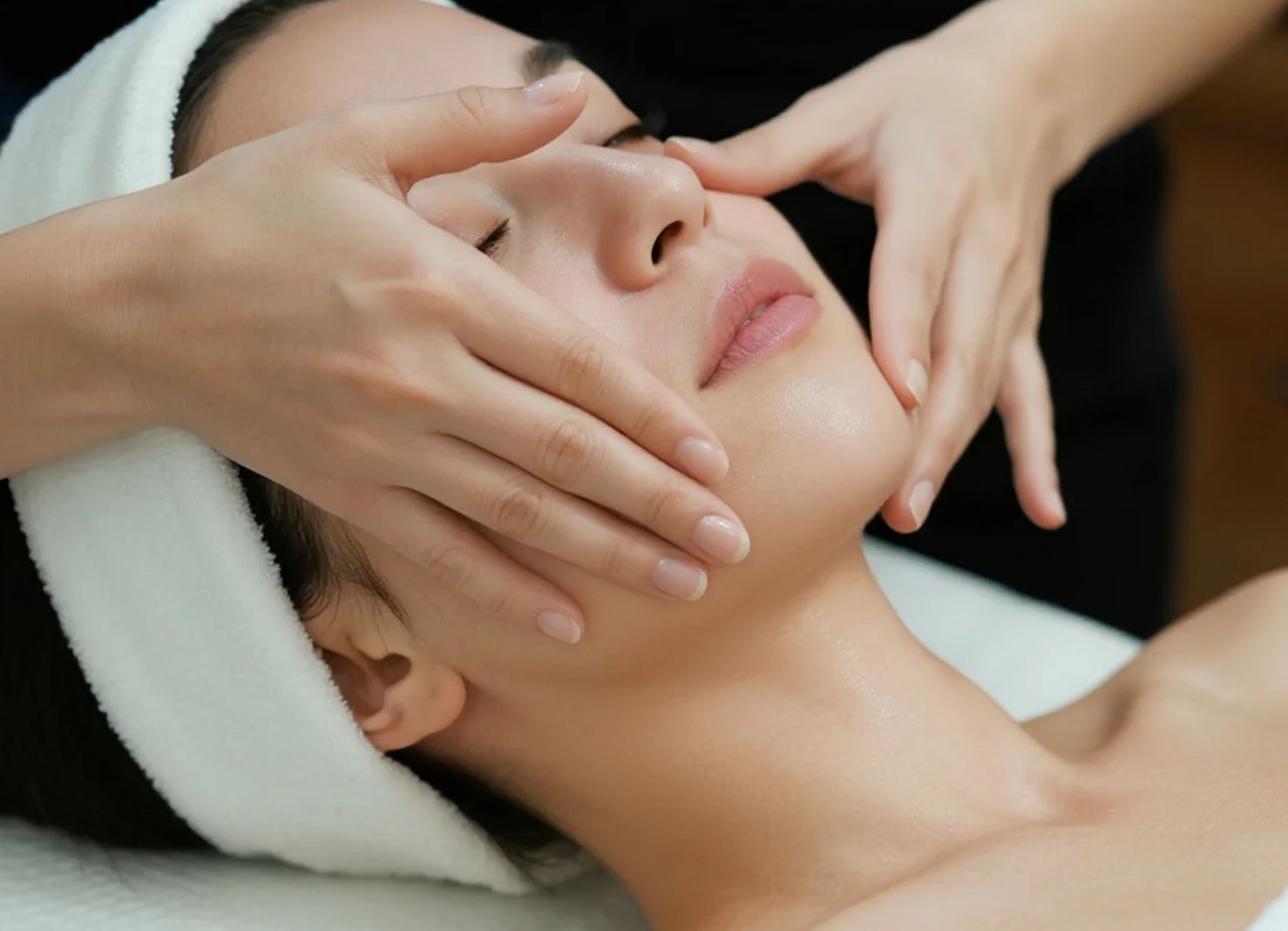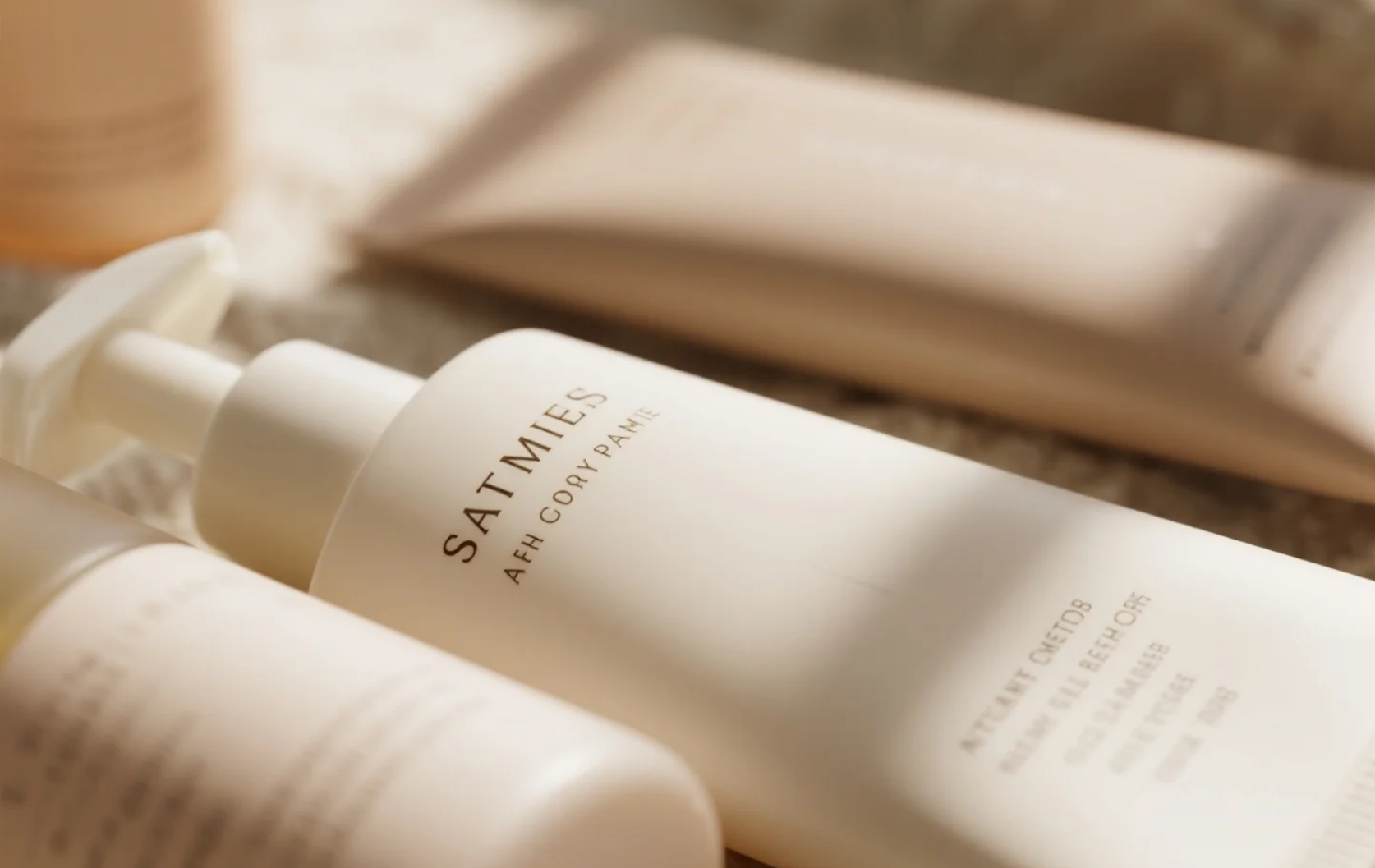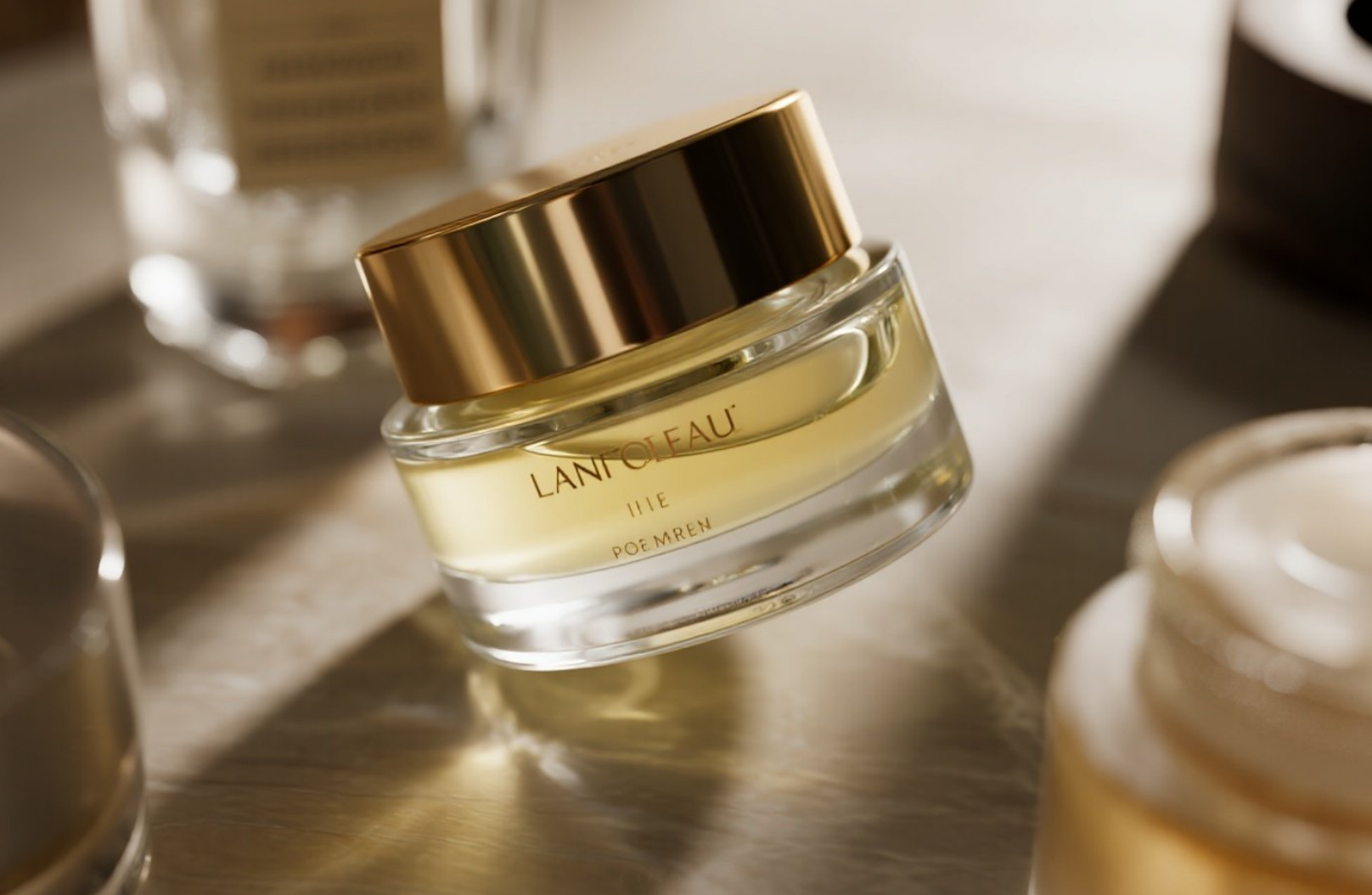A Guide to Developing Beauty Habits: From Morning and Night Skincare to Sleep and Work Schedule
Beauty is never an overnight miracle; it's a consistent, systematic process from the inside out. People often focus on the dazzling array of skincare and makeup products, overlooking the fact that healthy skin relies on sound habits and overall well-being. As the body's largest organ, the skin has its own biological clock, performing distinct functions during the day and night. During the day, it defends against environmental aggressors, while at night it enters a repair mode, completing cellular regeneration and metabolism. Scientific research shows that the skin's repair cycle is closely linked to our sleep and sleep patterns. In particular, during deep sleep, growth hormone and melatonin secretions peak, driving collagen and elastin synthesis, which are crucial for delaying aging and maintaining skin elasticity.
Morning skincare focuses on gently awakening the skin and providing comprehensive protection. After a night of metabolism, oil and metabolic products accumulate on the skin's surface. Proper cleansing helps maintain the integrity of the sebum barrier and avoids over-cleansing, which damages the skin's natural protective barrier. Antioxidants such as vitamin C effectively neutralize free radicals produced in the body, reducing the damage caused by oxidative stress. Sunscreen is a core part of daily skincare. Whether sunny or cloudy, UV rays are ubiquitous and are a major driver of photoaging and skin lesions. Studies have shown that consistent use of broad-spectrum sunscreen can significantly reduce the formation of fine lines and dark spots, while preserving skin's elasticity and radiance.
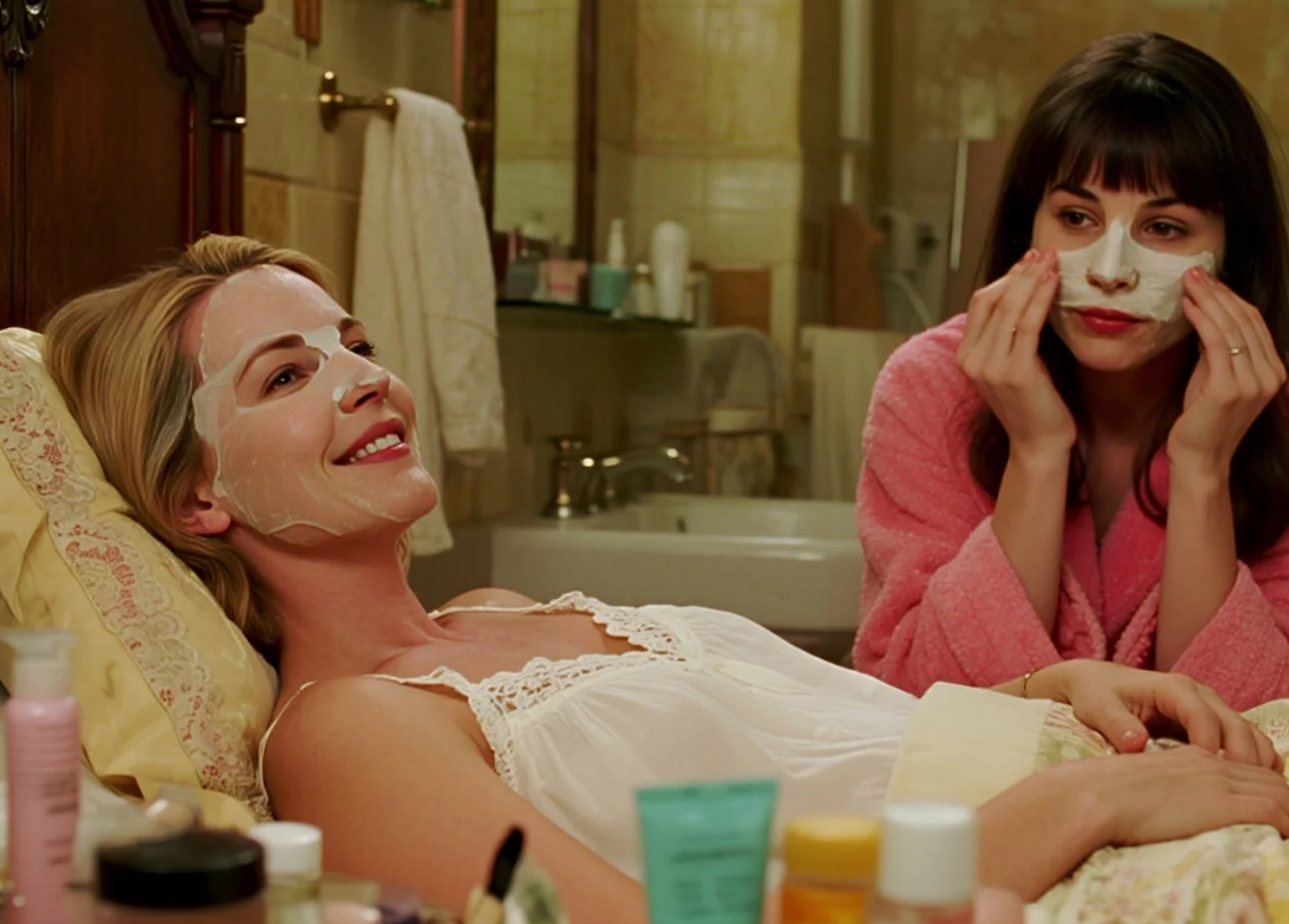 Nighttime skincare focuses on deep cleansing and repair. Double cleansing not only thoroughly removes makeup, sunscreen residue, and daytime pollutants, but also prepares the skin for the absorption of highly concentrated active ingredients. Retinol, a golden anti-aging ingredient, promotes cell renewal, stimulates collagen synthesis, and improves the appearance of fine lines and wrinkles. Peptides mimic intercellular signaling, stimulating the skin's self-repair capabilities. Hyaluronic acid, with its potent moisturizing properties, provides cellular moisture support and strengthens the skin barrier. Clinical data shows that consistent use of nighttime repair products containing retinol and peptides can significantly improve skin texture and mitigate damage caused by unhealthy lifestyle habits like staying up late.
Nighttime skincare focuses on deep cleansing and repair. Double cleansing not only thoroughly removes makeup, sunscreen residue, and daytime pollutants, but also prepares the skin for the absorption of highly concentrated active ingredients. Retinol, a golden anti-aging ingredient, promotes cell renewal, stimulates collagen synthesis, and improves the appearance of fine lines and wrinkles. Peptides mimic intercellular signaling, stimulating the skin's self-repair capabilities. Hyaluronic acid, with its potent moisturizing properties, provides cellular moisture support and strengthens the skin barrier. Clinical data shows that consistent use of nighttime repair products containing retinol and peptides can significantly improve skin texture and mitigate damage caused by unhealthy lifestyle habits like staying up late.
Beyond external care, internal lifestyle habits also have a significant impact on beauty. A healthy diet provides essential nutrients and repairing ingredients for the skin. A growing body of research has shown that a balanced gut microbiome is closely linked to skin inflammation, acne, and sensitivity. A diet rich in prebiotics and probiotics, such as yogurt, fermented foods, and a rich diet of fruits and vegetables, can help regulate the gut environment and indirectly improve skin condition. In one case, a woman suffering from long-term acne experienced significant improvement in gut health, reduced skin inflammation, and a significant reduction in breakouts within three months after adopting an anti-inflammatory diet that reduced sugar intake and increased omega-3 fatty acids. This synergistic effect of "nourishing from within and protecting from the outside" emphasizes the inseparable relationship between diet and skincare.
A healthy sleep schedule is the foundation of beauty. During quality sleep, the body secretes large amounts of growth hormone, which promotes skin cell growth and repair. Melatonin not only helps you fall asleep, but its powerful antioxidant properties also protect the skin from free radical damage. Lack of sleep can lead to elevated cortisol levels, a stress hormone that damages collagen, increases inflammation, and contributes to sagging, fine lines, and sensitivity. Scientific research shows that just two consecutive nights of sleep deprivation can significantly reduce skin hydration and elasticity, leading to enlarged pores. On the contrary, getting 7 to 9 hours of regular sleep can significantly enhance your skin's ability to repair itself, helping you achieve a youthful glow from within.
Modern life is fast-paced and stressful, making stress management crucial for healthy skin. Cortisol, released in large quantities during stressful situations, not only accelerates skin aging but also triggers inflammation and acne. In real-life cases, individuals with frequent skin problems due to long-term stress have seen significant improvements in their skin after managing stress through mindfulness meditation and yoga. Exercise, as a key method for relieving stress and improving blood circulation, is also beneficial for the skin. It accelerates blood circulation, improves the flow of oxygen and nutrients, promotes lymphatic drainage, reduces edema, and makes the skin firmer and more radiant. Furthermore, the endorphins released by exercise bring a sense of pleasure and reduce stress hormones, creating a virtuous cycle.
A true beauty habit isn't just about knowing; it's about doing it. Psychological research has shown that breaking down big goals into simple, actionable micro-habits helps develop lasting behavioral patterns. Even just basic daily cleansing or applying sunscreen can gradually build a skincare habit. The compounding effect of habits means that small, long-term persistence can lead to significant change. At the same time, it's important to abandon perfectionism, allow for flexibility, and avoid giving up due to occasional interruptions. Consistency is more important than perfection every time. Environmental cues, such as placing skincare products prominently, and social support, such as peer encouragement and communication, can also significantly increase the success rate of habit formation.
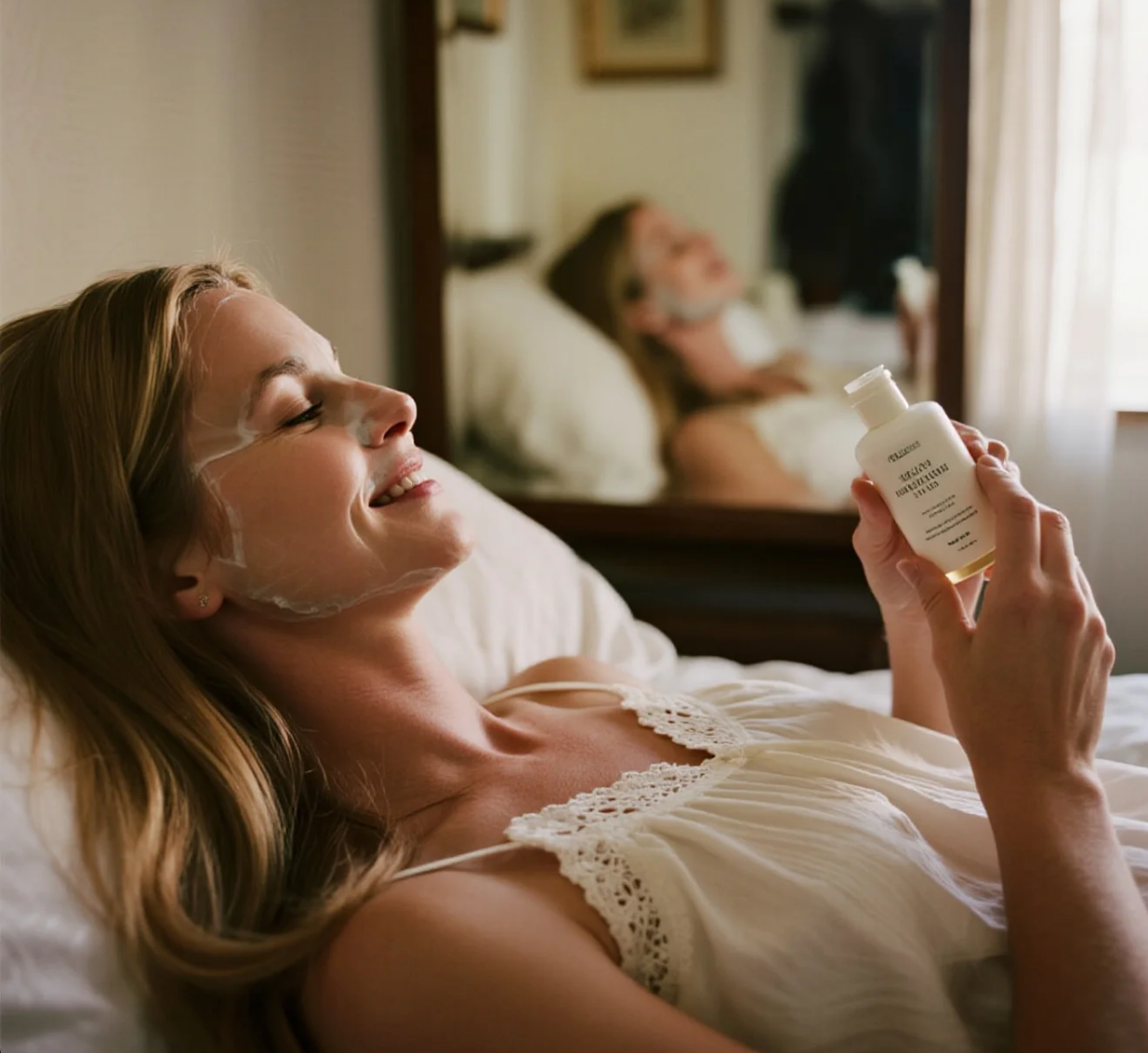 In short, beauty is a long-term investment from the inside out, a practice of a scientific lifestyle. Gentle cleansing and antioxidant protection in the morning, deep repair at night, a balanced diet, regular sleep, effective stress management, and moderate exercise—these components support each other and build a solid beauty ecosystem. In the future, with the development of nutrigenomics and artificial intelligence technologies, personalized and precise beauty habit management will become possible. However, no matter how technological advancements advance, the integration of cognition and action, and continuous self-adjustment, remain the fundamental guarantee of beauty.
In short, beauty is a long-term investment from the inside out, a practice of a scientific lifestyle. Gentle cleansing and antioxidant protection in the morning, deep repair at night, a balanced diet, regular sleep, effective stress management, and moderate exercise—these components support each other and build a solid beauty ecosystem. In the future, with the development of nutrigenomics and artificial intelligence technologies, personalized and precise beauty habit management will become possible. However, no matter how technological advancements advance, the integration of cognition and action, and continuous self-adjustment, remain the fundamental guarantee of beauty.




